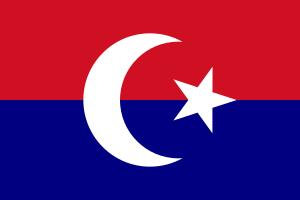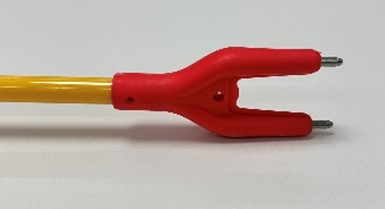Nabiullina announced difficulties with the promotion of Mir cards abroad The

The head of the Bank of Russia, Elvira Nabiullina, commented on the statement of the US Treasury , in which he threatened foreign banks with the imposition of sanctions for working with the Russian payment system Mir. The Central Bank will continue to work to expand the network for accepting Mir cards abroad, Nabiullina said during a press conference following a meeting of the Board of Directors of the Central Bank, answering a question from RBC.
“We are working with many regulators, with many countries to expand the geography of acceptance of the Mir card. But, of course, we face difficulties. You mentioned Turkey. When banks in these countries, of course, try to minimize the risks of sanctions for themselves, the risks of secondary sanctions - and such refusals happen. Especially for cards issued by sanctioned banks. But we continue to work, this is everyday, constant work, ”Nabiullina said.
On September 15, the US Department of the Treasury, when introducing the next package of sanctions, published an explanation in which it warned that “non-US financial institutions that enter into new or expand existing agreements with the NSPK (National Payment Card System, Mir card operator -), risk supporting Russia's efforts to circumvent US sanctions. At the same time, the United States imposed sanctions against the head of the NSPK, Vladimir Komlev. The payment system itself was not subject to restrictions, but, as explained in the department, the risks of supporting the circumvention of sanctions arise due to the expanded use of the Mir national payment system outside the territory of Russia, and also because the NSPK processes transactions for Russian banks and can be used to process transactions involving other persons.
The restrictions on Russia allow the U.S. Treasury Sanctions Department (OFAC) to impose blocking sanctions against individuals who are found to have provided material assistance, sponsored or provided financial, material or technological support, goods or services in support of or for any activity subject to sanctions. This also applies to the use of Mir cards outside of Russia, follows from the clarification.
The United States announced the risks of sanctions for foreign banks due to Mir cards
After the withdrawal of the international payment systems Visa and Mastercard from Russia in March 2022, the Russians have cards of only two payment systems that can work abroad - Mir and the Chinese UnionPay. Currently, Mir cards are accepted abroad in Turkey, Vietnam, South Korea, Armenia, Uzbekistan, Belarus, Kazakhstan, Kyrgyzstan, Tajikistan, South Ossetia and Abkhazia, and the possibility of their work in a number of other countries is also being discussed. The Bank of Russia plans to increase the number of countries accepting Mir cards to 20 countries by 2025 and to 35 by 2030, Vedomosti wrote.
On September 15, the Financial Times reported that the US and EU authorities would increase pressure on Turkey due to the connection of local banks to the Mir payment system. “We will send a very clear signal that, for example, third-country financial institutions should not connect to the Mir payment network, because, as you know, this involves some risks of sanctions evasion,” a Western official told the publication. The EU is also "preparing a delegation to directly express its concerns [on this issue] to Turkish officials," the FT wrote. Also on September 14, travel portals and telegram channels reported problems with accepting Mir cards in Turkish hotels. The NSPK explained that problems may arise with the cards of not all Russian, but only sanctioned banks.
Read on RBC Pro Pro If the debtor is a pensioner.Is it possible to collect a debt from him Instructions Pro How to open an account in a foreign bank for a Russian citizen Instructions ProStartup at 46: How an IT Guy Made $1 Billion in Student Loanswhy foreigners sell businesses to top managementPro How to find a $27 billion idea:tips from the creator of the Roblox gaming platform Articles Pro Why mental work is exhausting and what to do about it ResearchPro x The Economist Why the dollar is strengthening and why it is dangerous for the whole world ArticlesArticlesArticlesThe Mir payment system explained the problems with its cards in Turkey


























































